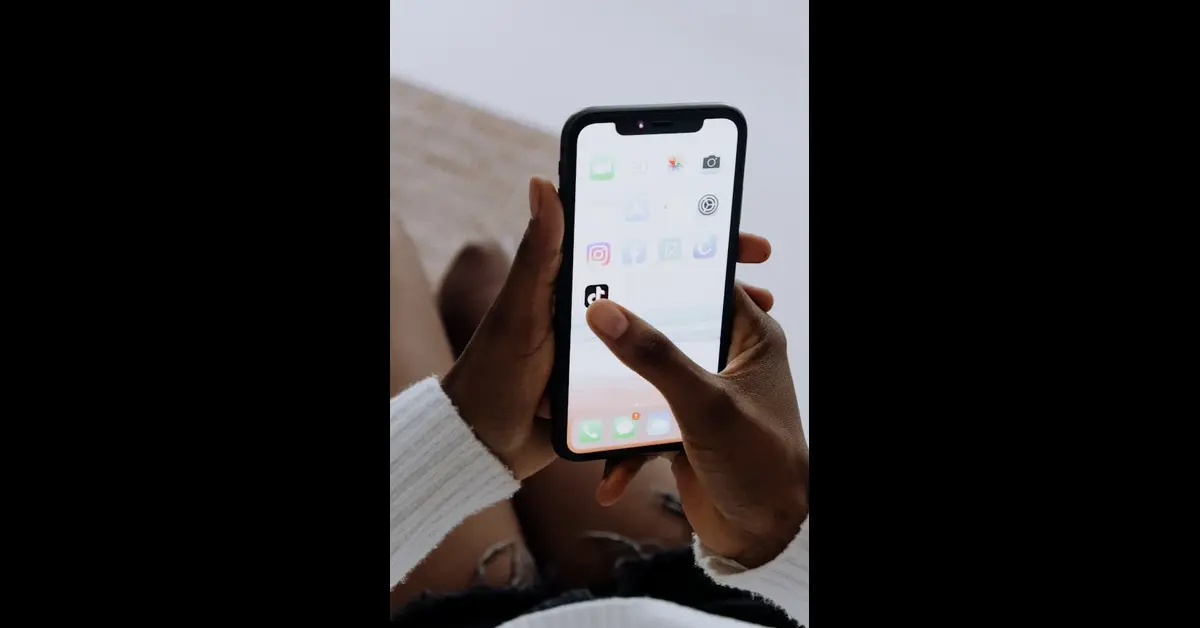Introduction
In recent years, TikTok has rapidly emerged as one of the most popular social media platforms worldwide, particularly among younger audiences. TikTok has captivated millions with its unique algorithm, engaging short-form video content, and innovative features. However, the platform faces increasing scrutiny and potential bans in several countries due to concerns over privacy, data security, and its ties to the Chinese government. This article explores the reasons behind the TikTok ban, its implications for users and businesses, and the potential future of the platform.
The Rise of TikTok
Launched in 2016 by the Chinese tech company ByteDance, TikTok initially gained traction in the Asian market before exploding in popularity globally. By 2020, the app had amassed over 2 billion downloads and became the most downloaded app in the United States. TikTok allows users to create and share short videos, often accompanied by music or sound bites, making it an ideal platform for creativity and self-expression.
The platform’s success can be attributed to its user-friendly interface, algorithmic content recommendations, and the ability for users to engage with and build communities around shared interests. This has led to the rise of “TikTok influencers” who leverage the platform to build brands, promote products, and connect innovatively with audiences.
Reasons for the TikTok Ban
Data Privacy Concerns
Data privacy is one of the primary reasons for the growing calls to a tiktok ban. Critics argue that the app collects vast user data, including location, browsing history, and biometric information. Concerns have been raised that the Chinese government could access this data, leading to potential misuse or surveillance.
Governments in countries like the United States, India, and several European nations have expressed concerns about the implications of this data collection on national security. The US government, in particular, has been vocal about the potential risks, prompting investigations and discussions about possible bans.
National Security Threats
In addition to data privacy issues, TikTok has faced accusations of being a national security threat. The app’s ties to China have led to fears that the Chinese government could manipulate content, influence public opinion, or even conduct espionage through the platform. This sentiment has been amplified by broader geopolitical tensions between China and other nations, particularly the United States.
In 2020, the Trump administration attempted to ban TikTok, citing national security concerns. Although legal challenges and changes in administration eventually stalled this effort, the underlying fears about TikTok’s ties to China persist.
Misinformation and Content Moderation
Misinformation is another critical issue surrounding TikTok. Like other social media platforms, TikTok has struggled to manage the spread of false information, particularly during significant events such as the COVID-19 pandemic and elections. Critics argue that the app’s algorithm may prioritize sensational or misleading content, leading to widespread misinformation.
Furthermore, concerns about content moderation practices have been raised. TikTok has faced accusations of censoring content that is critical of the Chinese government while promoting narratives that align with its interests. This has led to calls for greater transparency and accountability in how the platform manages content.
Implications for Users and Businesses
Impact on Creators
A potential TikTok ban could have severe implications for content creators who rely on the platform for their livelihood. Many influencers have built substantial followings and brand partnerships through TikTok, and a ban could lead to significant financial losses and disruption of their careers.
Moreover, the loss of TikTok would eliminate a vital outlet for self-expression and creativity for millions of users worldwide. Many individuals, particularly younger generations, have found community and support on the platform, and a ban could lead to feelings of isolation and disconnection.
Shifts in Marketing Strategies
Businesses that have embraced TikTok as a marketing tool would also need help if the app were banned. TikTok has become a key platform for brands to connect with younger consumers, and many companies have developed unique marketing strategies tailored to the platform’s format and audience.
A ban would force businesses to pivot their marketing efforts to other platforms, potentially reducing engagement and reach. Additionally, brands that have invested in TikTok influencer partnerships would need to reconsider their strategies and seek alternative channels for promotion.
The Future of TikTok
As discussions about a potential tiktok ban continue, the platform seeks to address concerns and reassure users and governments alike. TikTok has implemented measures to enhance transparency, including opening transparency centers in various countries to allow independent assessments of its data practices.
Moreover, TikTok has committed to improving its content moderation efforts and combating misinformation. The platform has launched initiatives to partner with fact-checking organizations and provide users with resources to identify false information.
As geopolitical tensions continue to evolve, TikTok may find itself at the center of a broader discussion about data privacy, national security, and the role of social media in society.
Conclusion
The TikTok ban is a complex issue encompassing data privacy, national security, and the influence of social media on modern communication. While the platform has revolutionized how people create and consume content, it also faces significant challenges that could impact its future.
As users and businesses navigate this uncertain landscape, it is essential to consider the broader implications of a potential ban. The conversation surrounding TikTok is not just about one app but reflects the growing concerns about privacy, security, and the responsibilities of tech companies in today’s digital age. Whether TikTok can address these challenges and maintain its popularity remains unknown, but the stakes are undoubtedly high for everyone involved.
